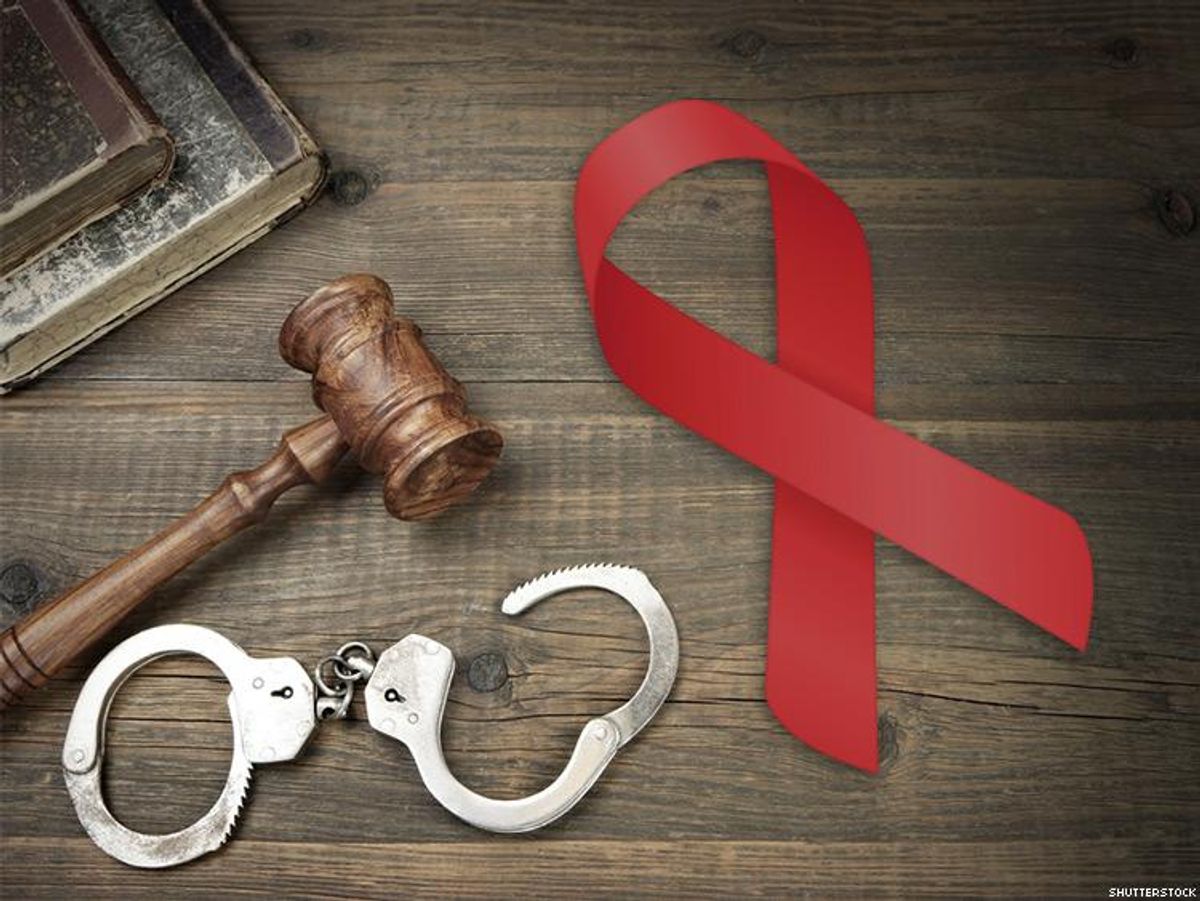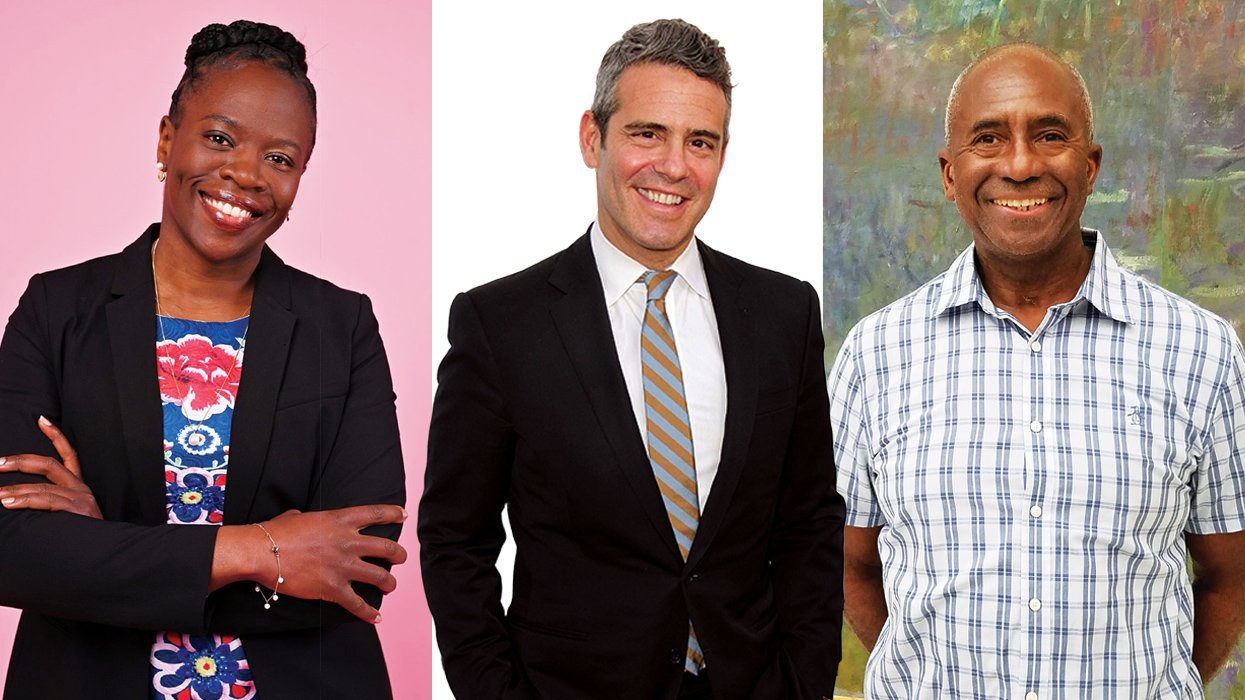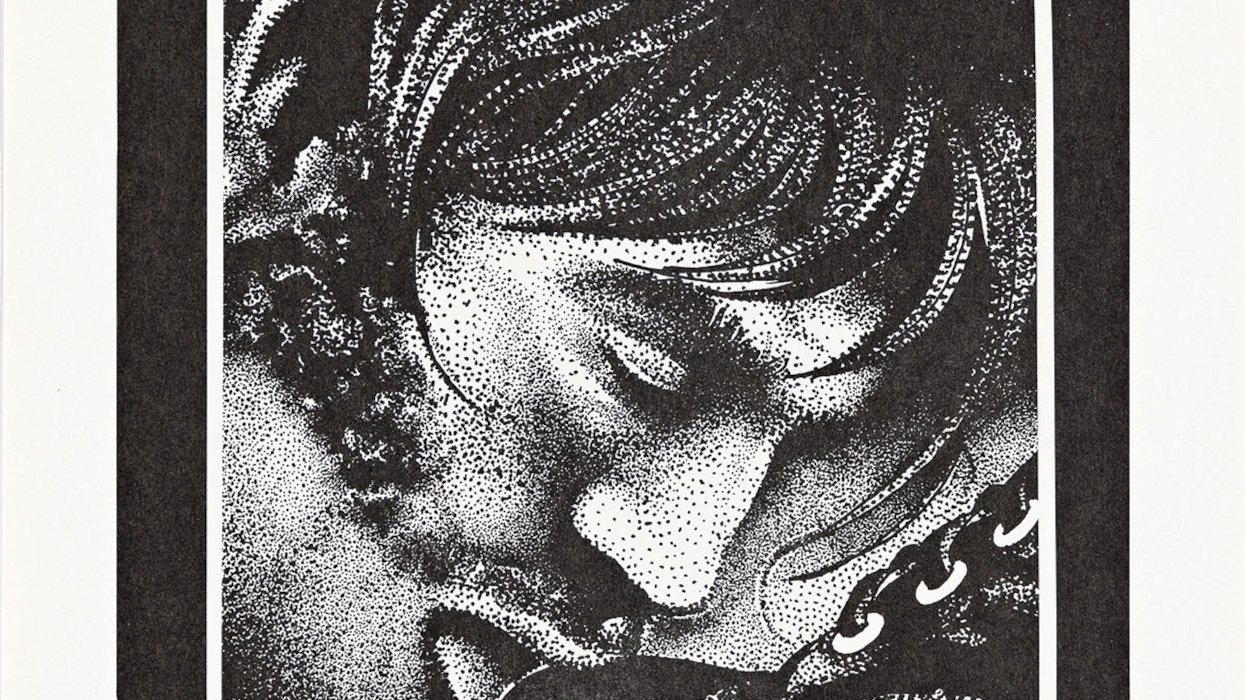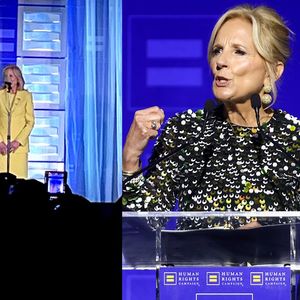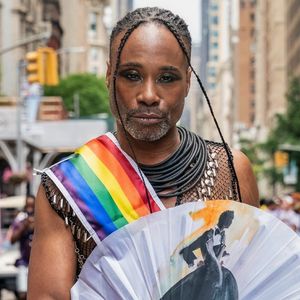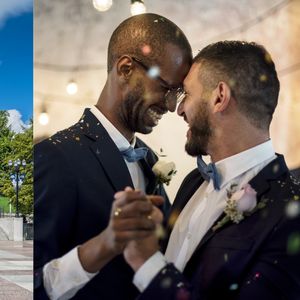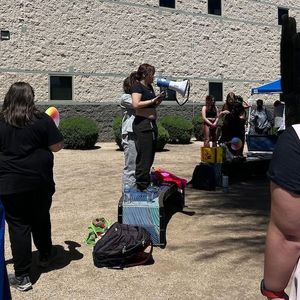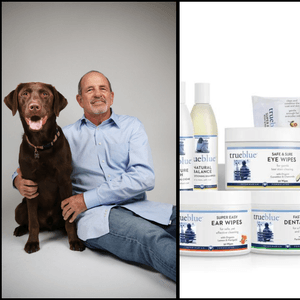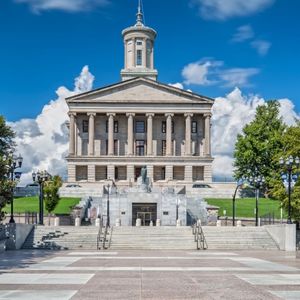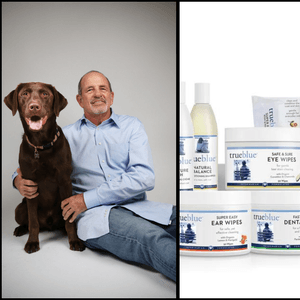America has a problem. We are locking people up for low-level offenses at an alarming rate and don’t seem to care; and worse, we don’t seem to notice.
According to the National Association for the Advancement of Colored People, the U.S. has 25 percent of the world’s prisoners despite being just five percent of the world’s population. African Americans are incarcerated at nearly six times the rate of whites, accounting for nearly one million of the total 2.3 million prisoners in America.
If you go deeper, you will realize that radical criminalization is not only ripping lives and families apart, but it also has a drastic effect on the increased use of shared needles, which leads to an increased rate of HIV transmissions within marginalized communities.
Attorney Jeff Sessions recently sent a memo to federal prosecutors, ordering them to crack down law by pursuing the toughest penalties possible for low-level crimes, including nonviolent drug offenses. It goes without saying that this kind of strategy will increase the prison population while also punishing minority groups, especially African Americans — a group already accounting for 43 percent of new HIV cases.
According to a new review published in The Lancet HIV, over 80 percent of studies show increased criminalization is associated with increased drug use, including the use of shared needles.
While you’d think the Trump administration, in particular Jeff Sessions, would take this kind of evidence into consideration, unfortunately their strategy is to lock away the problem rather than fixing it.
Oddly enough, former Attorney General Eric Holder, who held the position under President Barack Obama, had a different tactic. He told federal prosecutors to avoid mandatory minimums for low-level, nonviolent drug offenses. And as it turns out, HIV rates declined between 2008 and 2013, according to JMIR Public Health and Surveillance.
But how does criminalization drive injection drug use?
It makes sense when you know how criminalization works. Whenever radical policing increases for the most minor offenses, it forces injection drug users to go underground and in the closet, which increases the chance of sharing needles and transmitting HIV.
“Almost invariably, when you increase policing, people are more hidden in terms of how they are injecting,” said Stefan Baral, one of the study authors and an associate professor of epidemiology at the Bloomberg School of Public Health. “On the other hand, it’s a global truth that when someone who is using drugs has access to a clean needle — they will use it.”
Such was the case in 2015 when Vice President Mike Pence, then governor of Indiana, oversaw an HIV outbreak among injection drug users in his state. While public health officials pleaded with him to enforce a clean needle exchange program, Pence resisted, subtextually citing religious reasons. Two months later, he ended up changing his mind and was finally able to suppress the epidemic — but not before nearly 200 people became HIV-positive.
Additionally, because there is a lack of care in the prison system, it’s not uncommon for prisoners to return home with STIs due to sexual patterns being disrupted — and sex acts behind bars are condomless for the most part. “We are at a watershed moment turning back these improvements,” Baral added. “[Jeff Sessions’ memo] is a clear move back to putting more and more and more people in jail, which is just something that will a) drive more people underground, [and] b) have no positive health consequences for anybody.”
And it won’t just be injection drug users in danger of getting locked up. Thanks to today’s draconian HIV criminalization laws, states like California will easily be able to turn innocent HIV-positive people into felons.
According to the Williams Institute, 800 people have been victims of HIV criminalization laws from 1988 to 2014. Of that number, 98 percent did not require proof of intent and 93 percent didn’t require proof of conduct. And here’s the scariest part: none of them required actual transmission of HIV as a reason to charge them with a crime — none.
In today’s climate, an HIV-positive person can be convicted of a felony even if they’re undetectable and/or use a condom, simply because they’re HIV-positive. In fact, laws don’t require you to have any form of sexual activity to get charged. That means you can be charged for simply engaging in a conversation or exchanging money.
Currently, the state of California has four criminalization laws: Solicitation if the person tested positive for HIV in a prior solicitation or other sex offense that resulted in mandatory HIV testing; Donating blood, tissue, semen or breast milk after becoming aware that one is HIV-positive; Anal or vaginal sex without a condom in which an HIV-positive person does not disclose their status and has a specific intent to transmit the disease to they sex partner; and having knowledge that one is HIV-positive while engaging in a nonconsensual sex crime.
Thankfully, there are events like AIDS Watch and HIV Is Not a Crime National Training Academy — the latter is holding its third annual event between June 3 and June 6, 2018, at Indiana University-Purdue University Indianapolis, and participants will be trained about laws that criminalize those living with HIV as well as proper ways to repeal them.
I know it’s hard to be optimistic about the future right now, especially at the height of Sessions’ “tough on crime” strategy, but if there is ever a time for HIV-positive people to come together and fight (again), it’s now.
So long as we’re living in Trump’s world, the facts are clear: HIV-positive people stand a higher risk of being labeled felons, injection drug users and minority groups will remain at high level risk for HIV transmission, and each and every second we are being pushed further and further away from what we truly want to be labeled: a free American.
